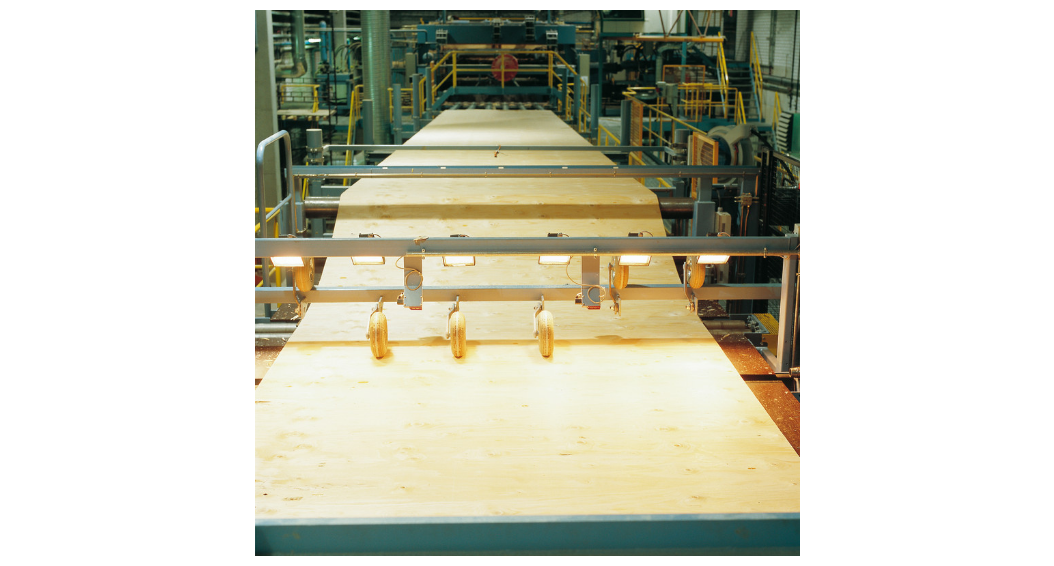

UPM Plywood starts to use a novel WISA BioBond glueing technologyin in its plywood production. In this technology, half of the traditionally used oil-based phenol has been substituted by lignin. Lignin is a wood-based side product of pulp production, which is produced by filtering black liquor.
Traditionally lignin has been utilized as an energy source in forest industries. However, as the energy efficiency of pulp and paper mills has improved, new opportunities to utilise lignin have emerged.
The new ways often produce more value added than energy production. The new glueing technology is a good example of this.
According to UPM Plywood, the new technology is the most significant breakthrough in glueing plywood in 50 years. The company plans to take it into use gradually at all its plywood mills.
The characteristics of the plywood made with the new technology are the same as with the previous ones. In practice, the end user does not face any changes.
WISA BioBond is based on UPM BioPiva technology developed and patented in UPM Biochemicals. UPM Plywood is the first company to bring the patented plywood products based on this technology to the market.
In the future, the aim is to increase the lignin content in the glue. ”We already now are able to substitute 58 percent of the phenol, but our target is a glue containing no phenol at all,” says Sami Uuksulainen from company UPM Plywood.
